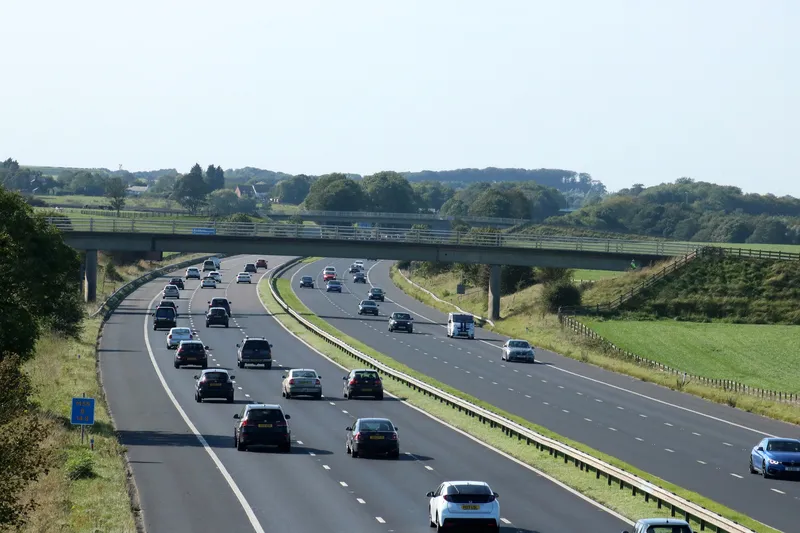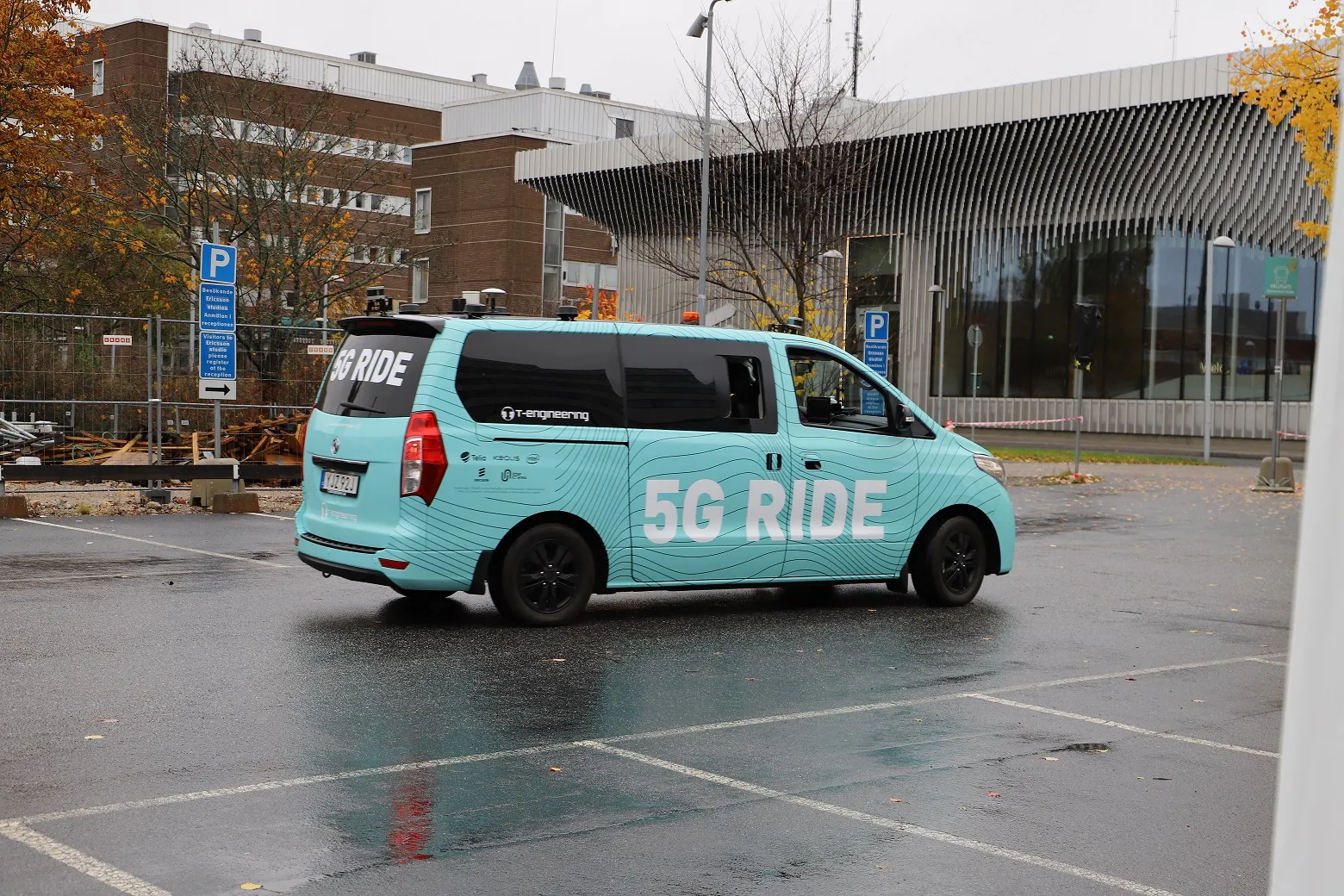
Mobility as a Service (MaaS) needs to change its emphasis if the seamless use of multimodal transport is to become a reality, according to a leading transport academic.
“MaaS has not become mainstream and allowed people the freedom of mobility it was intended to deliver,” said Professor John Nelson from the Institute of Transport and Logistics Studies at the University of Sydney.
Speaking on a panel of experts from government, transport providers, consultancy and academia at ITS Australia’s Mobility 2024 conference, he added: “Future success may depend on reimagining a ‘Mobility as a Feature’ mindset where transport services are delivered within a broader ecosystem of sectors that interact with mobility, such as real estate, banking or telecommunications.”
Nelson said more partnerships were needed to achieve mobility outcomes, and incentives - perhaps financial - should reward transport and non-transport providers as well as end users for changes in behaviour that lead to greater uptake of mobility initiatives.
Data, technology and sustainable transport were among the main themes of the two-day Mobility 2024 conference in Melbourne.
Mobility 2024 programme committee co-chair Jessica Tong from Kapsch TrafficCom Australia said: "Whether it’s to model transport growth and efficiency or provide insights that improve safety, it’s all about data, driven by digital tools, and integrated with our transport network."
“The rapid deployment of machine learning and artificial intelligence will only enhance our access to insights that can support decision-making and transform the transport experience for end users.”
Deloitte director Steph Bradley and Victorian Department of Transport and Planning (DTP) ITS senior manager William Ho explained how DTP’s Smarter Roads Program saw Deloitte create a digital replica of DTP’s networks and physical assets, allowing access to real-time data and enabling traffic managers to make better decisions to reduce congestion.
Ben Haddock, future mobility lead at Arup, outlined a 10-point 'whole-of-journey' approach to the future of shared, connected, and autonomous mobility aimed at delivering a sustainable transport system.
“We’re hearing from our industry that decarbonising the transport sector extends far beyond the roll-out of electric vehicles, and a shift to sustainable and healthy mobility is a key opportunity to realise a sustainable transport sector,” said Susan Harris, chief executive of ITS Australia.
“Innovative sustainable mobility solutions are happening across the country; the challenge for our sector and policymakers is to deliver these solutions at scale and influence transport users to embrace a mobility mindset.”
ITS Australia Summit 2024 takes place in Sydney in August.










